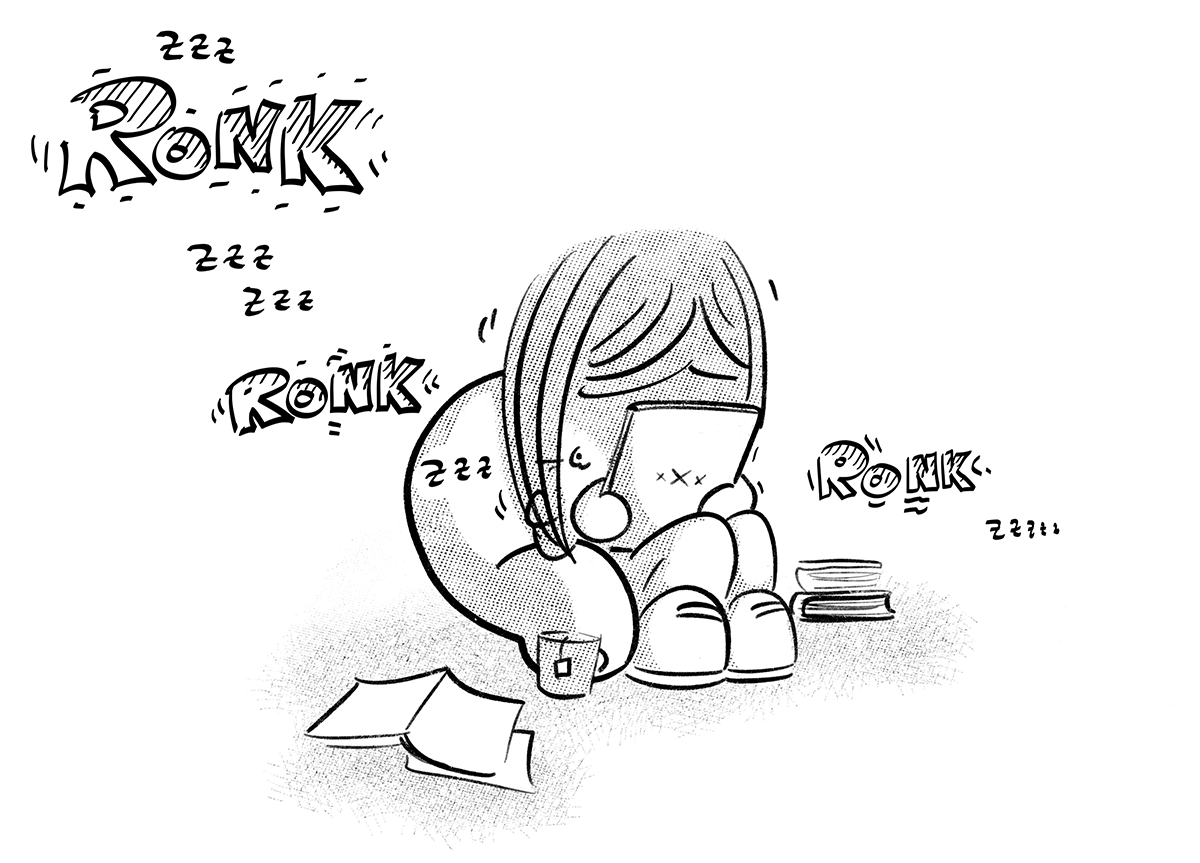irritando meerceiros
Serviço público e jornalismo no Poynter, o "global leader in journalism": porque apesar da pandemia — correcção, sobretudo por causa dela — os jornais deviam fechar-se atrás de uma paywall só acessível a pagantes. Quem o diz é o "winner of the most prestigious award in journalism: the Pulitzer Prize Gold Medal for Public Service" 2013 mas "serviço público" aqui confunde-se com $$$ — e pela foto mais ou menos que o suspeitávamos.
 Saltz. Sure.
Saltz. Sure.Da lógica do negócio, e agradecemos a oportunidade de demonstrar o nosso caso pelo seu inverso:
Revenue is down. Way down. Then, suddenly, there’s a newfound interest in your product. Demand is up. So you look at your prices and decide… to give away your product for free. How’s that for a business strategy? And yet that’s what most U.S. newspapers are doing during the coronavirus crisis. It’s a noble thing to do. It also makes no sense. Put the paywalls back up. We never should have taken them down. What are newspapers afraid of? Our products have value. People pay for things of value. What is it about a newspaper that suggests it must be free while the internet service provider necessary to read it is not? Food is essential, but grocery stores aren’t giving it away. Clothing? Not free. Police are being paid during the crisis. So are garbage collectors. There are no freebies at the pharmacy. We do provide an important public service, but why can’t a public service business be, well, in business?
in "Removing paywalls on coronavirus coverage is noble. It also makes no sense." 6 abr 2020
O nosso point exacly: porque should a public service business be, well, a business? E hell, na equação serviço público / $$$, o que importa mais mesmo?
And what’s this about our public service obligation, anyway? Information about a dire pandemic is vital. But so is news of a major storm that’s brewing. So are details about a serial killer [and] wealth code violation at a restaurant. The pandemic may be more meaningful, but it’s only a matter of degree.
in "Removing paywalls on coronavirus coverage is noble. It also makes no sense." 6 abr 2020
Na ordem das escalas, não de natureza, diz-nos. Apesar das diferentes naturezas que ali mistura. Mas, aquilo do fazer o nosso caso: a sua lógica final aproxima-se da nossa.
If newspapers, tasked with serving the public, shouldn’t charge now, the logical extrapolation is that we should never charge.
in "Removing paywalls on coronavirus coverage is noble. It also makes no sense." 6 abr 2020
Outro troféu ao senhor. E outro ainda, porque também lhe cheira o mesmo que já desconfiamos neste espaço há muito tempo:
Where would that leave journalism? Something in that equation has to give.
in "Removing paywalls on coronavirus coverage is noble. It also makes no sense." 6 abr 2020
Palavra-chave, "give". Concluímos, respondendo:
If we want to ensure the public can get credible information and isn’t reliant on government press conferences and social-media crackpots — we have to behave like grocery stores, pharmacies and the rest. We’re a business.
in "Removing paywalls on coronavirus coverage is noble. It also makes no sense." 6 abr 2020
Mas senhor, tiram-nos os "government press conferences and social-media crackpots" e só sobram sentimentos à imprensa diária deste país. E tendo a humanidade já experimentado várias décadas (séculos dependendo onde querem a origem) de jornalismo cruzado a interesses — pun intended —, o "isn’t reliant on government press conferences and social-media crackpots" é sem dúvida fundamental, mas também o é a primeira parte da proposição. E conhecendo o histórico de business oriented jornalism... esses têm mesmo "ensure[d] the public can get credible information"? Think not. Essa é também uma realidade, e a realidade's a bitch. E complexa e engraçada, e ilustramos com o caso do business dos ads ser mau para o business das subscrições com exemplo das métricas do mês que acabou atrás.
- What is ad performance like right now? Facebook & Instagram CPMs are down 44%, and keep dropping steadily 20% per week. Why are we seeing this? People are on Facebook trying to distract themselves, not to shop.
- On-site conversion is down 53% in March. Why are we seeing this? Users are trying to burn time, and are not specifically trying to shop.
in "What’s Going On Out There (Week 3)?!" 31 mar 2020
Exploremos a ideia com cites random dessa indústria desprezível a que chamam marketing digital, cruzando tendências com oportunistas:
Digital opportunities:
in "How the coronavirus is affecting the digital advertising ecosystem" 26 mar 2020
- With many affected companies decreasing their marketing budgets, we will most likely see a sharp drop in CPM and CPC prices (due to a decline in competition). This is an ideal opportunity for some marketers to acquire new customers at a lower cost than previously.
- Consumers spend more time reading or watching the news than ever before. Marketers now have the opportunity to capture more eye-balls by advertising on these popular websites, at a lower cost than the pre-corona period.
Recap então para render os bucks às tendências e aqui fechamos...?
How can we improve performance? Strategy #1: Shift spend towards Prospecting: Prospecting is the least impacted; Retention is the most impacted.
in "What’s Going On Out There (Week 3)?!" 31 mar 2020
...neste contexto o último a erguer a paywall é rei. Shit, nem vai precisar duma: ao contrário de todos os outros vai poder efectivamente sobreviver dos ads apenas.

